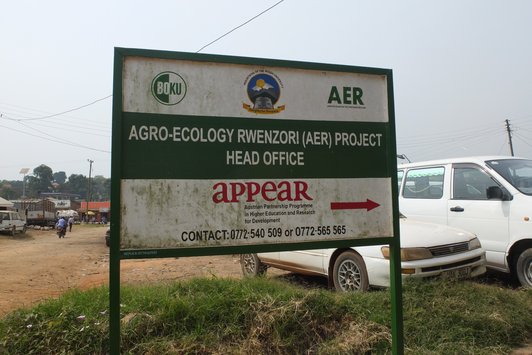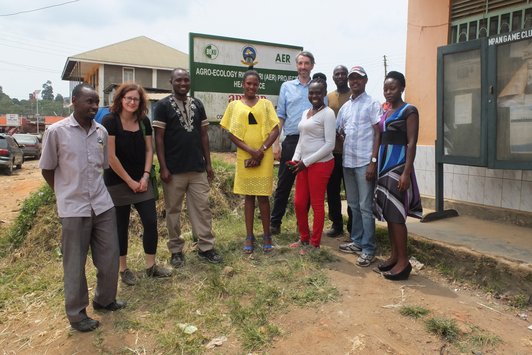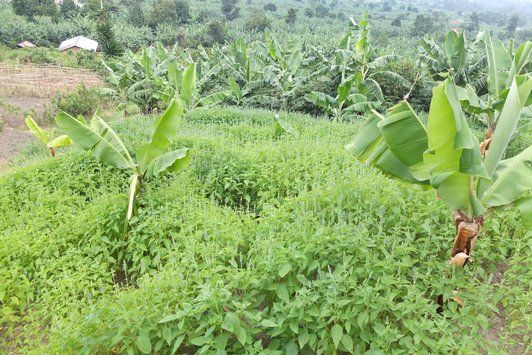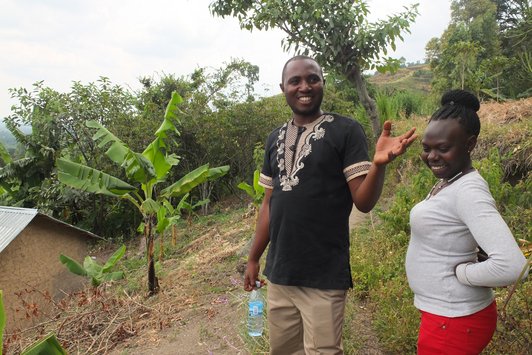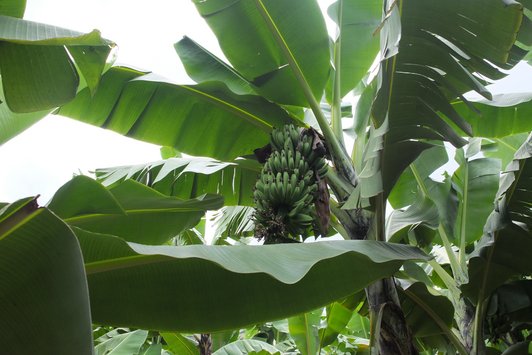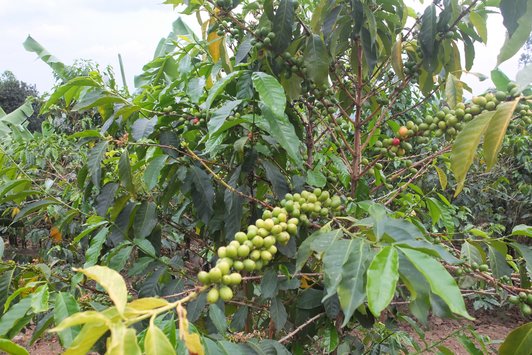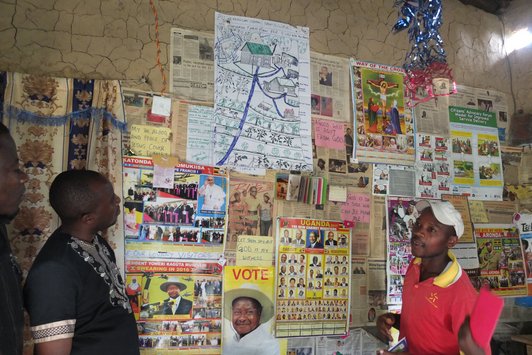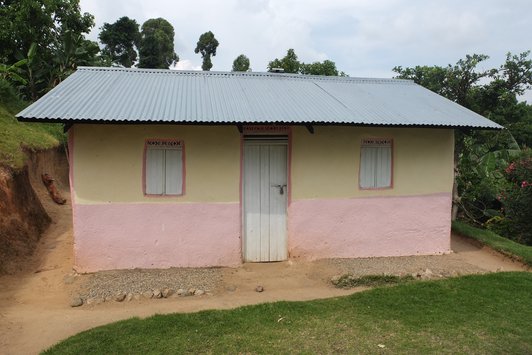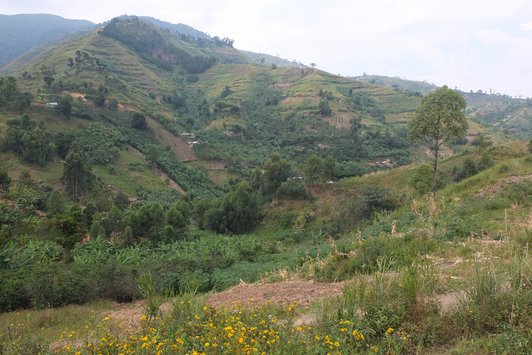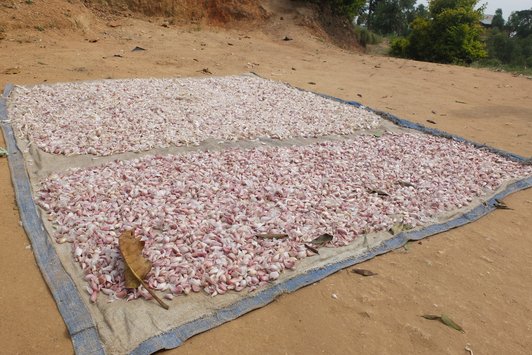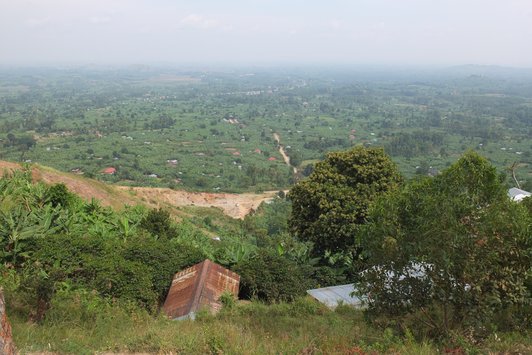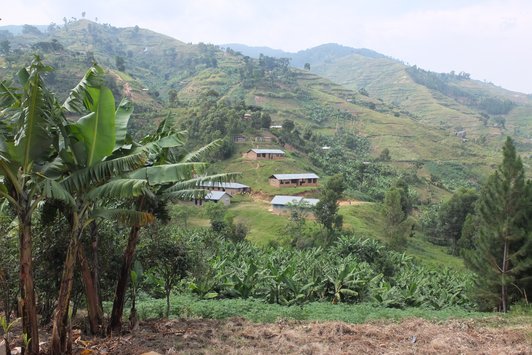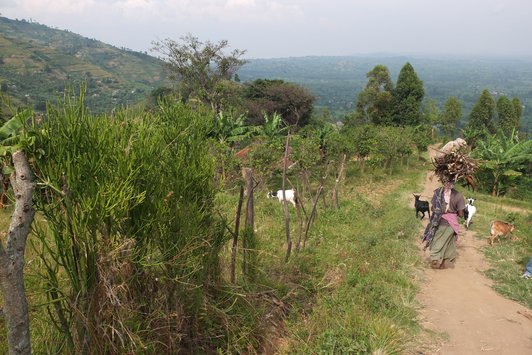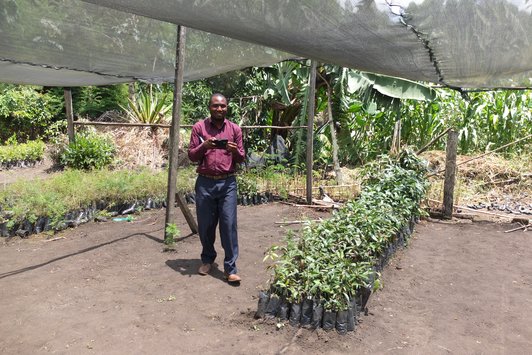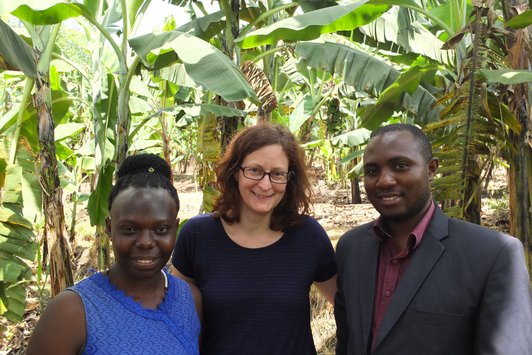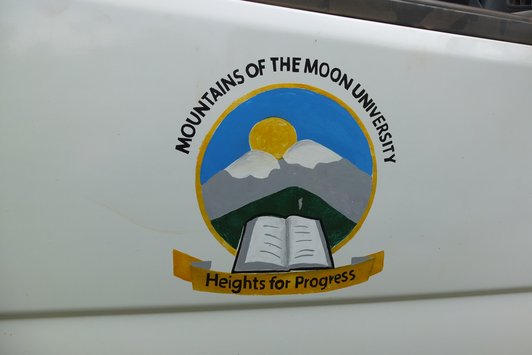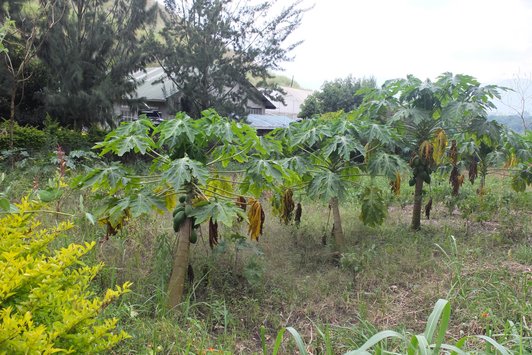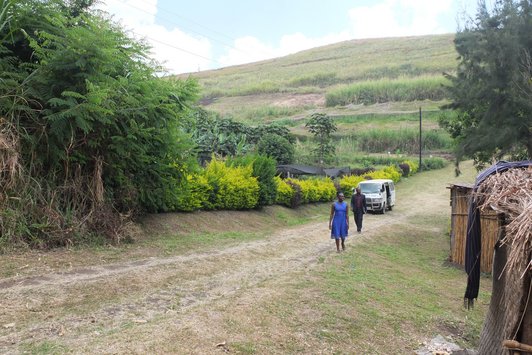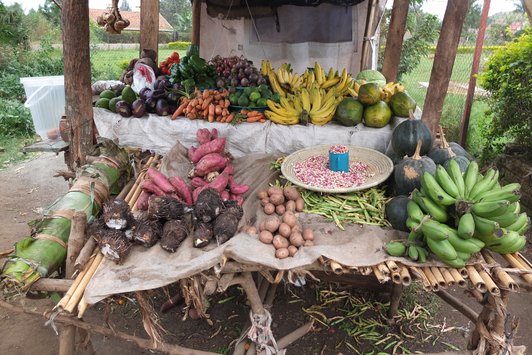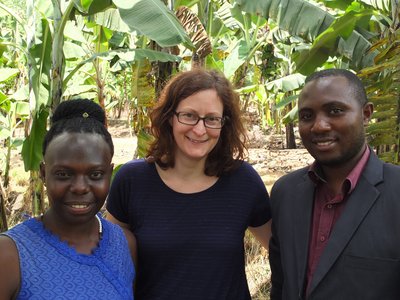

You can access the video here, or in the column on the right hand side.
Mary Ekyaligonza and Thaddeo Tibasiima pursue their PhD at the University of Natural Resources and Life Sciences (BOKU). Their doctoral research takes place within the APPEAR project Agroecology in the Rwenzori Region (AER), a cooperation between BOKU and Mountains of the Moon University (MMU) in Uganda. Their research is not only directly linked to the Academic Partnership, but Mary Ekyaligonza and Thaddeo Tibasiima are also involved in a broad range of project activities, especially during their field research.
The main project objective is to build capacities at MMU in higher education, research and community outreach in the field of agroecology in the Rwenzori region. Over exploitation of its natural resources, high population growth rates and poverty among the majority of the smallholder households are the major challenges in the project area. By incorporating a systemic perspective and involving stakeholders at all levels the project aims at establishing a new master curriculum in agroecology. Mary Ekyaligonza stresses the importance to educate skilled professionals and to develop strategies for improving the livelihoods of the poor smallholder farmers. Having worked at MMU as a teacher of agroforestry and soil science, Mary Ekyaligonza has gained many insights in this area. Her PhD research focuses on organic matter management and cropping systems for soil fertility improvement in the Rwenzori Region. From July 2018 to February 2019, she carried out her first phase of field studies in Uganda. Besides this, Mary Ekyaligonza participated in planning project activities and in the process of curriculum development at MMU. Currently she is elaborating the course ‘’Agroecology Science and Practice’’, which she will teach once the curriculum is established.
What makes the project innovative is that farmer constraints are addressed in a practical way. This implies involving the farmer community in the entire planning and implementation process. The strategy is to work with farmer groups and to establish an agroecological lead farm in each of the five districts of the Rwenzori Region. Thaddeo Tibasiima is especially engaged with the farming community and has also organized several field activities and events. During the Rwenzori Indigenous Food and Seed Fair, 55 smallholder farmers showcased their diverse indigenous foods. More than 1500 people, including hotel operators, university students, civil society, health institutions, food vendors, media, attended this event. Furthermore Thaddeo Tibasiima organized the Agroecology symposium, the first of its kind in the Rwenzori region.
As a result of these two events, an action paper and an Agroecology Committee for the Rwenzori Region have been formed to further pursue important issues in this area. They form platforms, through which AER can be carried on and sustained beyond the project end. Furthermore he is currently elaborating one of the courses on “Participatory Extension for Agroecology in Practice”. Thaddeo Tibasiima says that once the curriculum is finalized, the knowledge and skills gained from his PhD study will be utilized in teaching this course at the MMU to practically deliver innovative agroecologial extension in Uganda.

